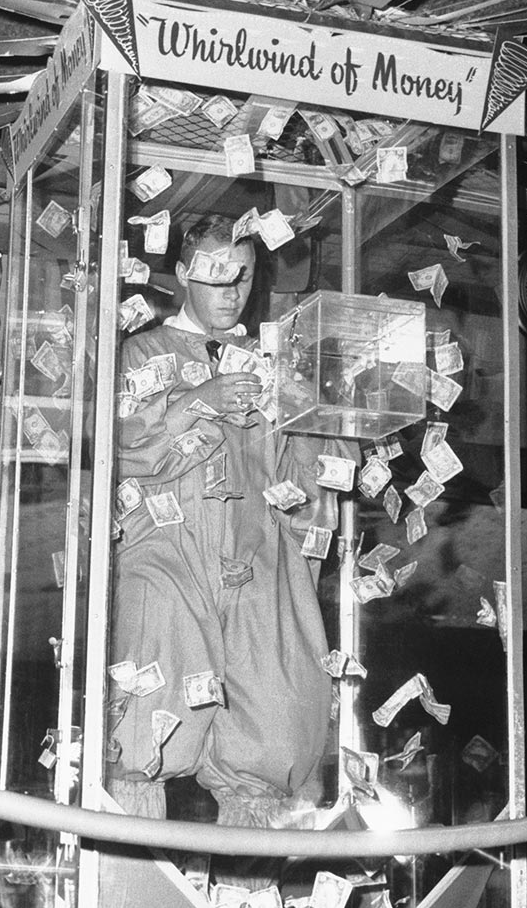英文法律词典 M-11
|
MALUM IN SE. Evil in itself. 2. An offence malum in se is one which is naturally evil, as murder, theft, and the like; offences at common law are generally mala in sese. 3. An offence malum prohibitum, on the contrary, is not naturally an evil, but becomes so in consequence of its being forbidden; as playing at games, which being innocent before, have become unlawful in consequence of being forbidden. Vide Bac. Ab. Assumpsit, A, note; 2 Rolle's Ab. 355. MALVEILLES. Ill-will. In some ancient records this word signifies malicious practices, or crimes and misdemeaners. MALVERSATION, French law. This word is applied to all punishable faults committed in the exercise of an office, such as corruptions, exactions, extortions and larceny. Merl. Repert. b. t. MAN. A human being. This definition includes not only the adult male sex of the human species, but women and children; examples: "of offences against man, some are more immediately against the king, other's more immediately against the subject." Hawk. P. C. book 1, c. 2, s. 1. Offences against the life of man come under the general name of homicide, which in our law signifies the killing of a man by a man." Id. book 1, c. 8, s. 2. 2. In a more confined sense, man means a person of the male sex; and sometimes it signifies a male of the human species above the age of puberty. Vide Rape. It was considered in the civil or Roman law, that although man and person are synonymous in grammar, they had a different acceptation in law; all persons were men, but all men, for example, slaves, were not persons, but things. Vide Barr. on the Stat. 216, note. MANAGER. A person, appointed or elected to manage the affairs of another, but the term is more usually applied to those officers of a corporation who are authorized to manage its affairs. 1 Bouv. Inst. n. 190. 2. In banking corporations these officers are commonly called directors, and the power to conduct the affairs of the company, is vested in a board of directors. In other private corporations, such as railroad companies, canal, coal companies, and the like, these officers are called managers. Being agents, when their authority is limited, they have no power to bind their principal beyond such authority. 17 Mass. R. 29; 1 Greenl. R. 81. 3. The persons appointed on the part of the house of representatives to prosecute impeachments before the senate, are called managers. |








